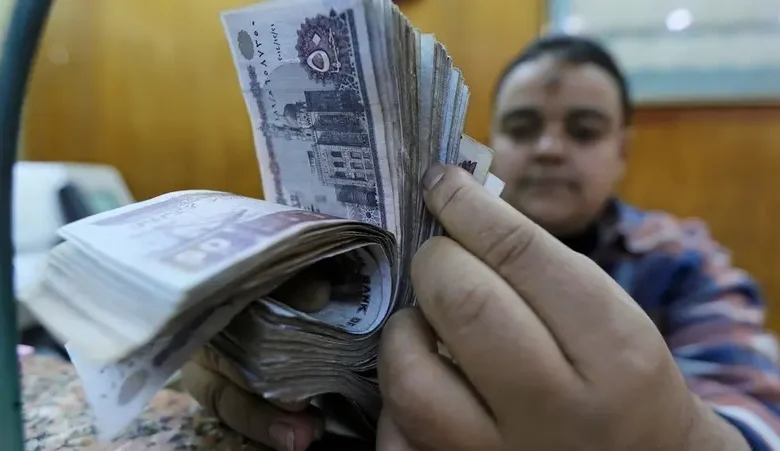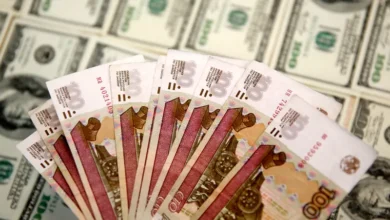Egyptian inflation hits lowest in over a year as slowdown quickens

Egyptian inflation decelerated to the slowest pace in a year and a half, even after a steep currency devaluation and a historic move to raise the cost of subsidized bread.
Consumer prices in urban parts of the North African country grew an annual 28.1 percent, compared with 32.5 percent in April, state statistics agency CAPMAS said Monday. That was lower than forecast by economists at Goldman Sachs Group Inc., EFG Hermes and Naeem Brokerage.
The slowdown with driven by a 3 percent monthly decline in food and beverage prices, the largest single component of the inflation basket. On an annual basis, they increased 31 percent in May versus 40.5 percent a month before.
Annual inflation fell 0.7 percent month-on-month, the biggest drop since June 2019.
The cooling streak for costs in the Middle East’s most populous nation is defying fears that the pound’s plunge of around 40 percent against the dollar in March would stoke another inflationary wave. That such a surge didn’t happen suggests many items have already been priced closer to the currency’s much lower pre-devaluation black-market rate, while a greater availability of foreign exchange is also putting the brakes on costs.
Authorities enacted a 300 percent hike in the cost of subsidized bread effective from June 1, a move that will impact millions of households already reeling from the two-year economic crisis from which Egypt is now emerging.
But the effect on inflation — along with that from a gradual phasing-out of fuel-product subsidies and a possible rise in power tariffs this summer “is likely to be relatively small,” according to Mohamed Abu Basha, head of research at Cairo-based EFG Hermes. The Cairo-based bank is among those predicting consumer costs will continue to cool for the rest of 2024.
Trimming subsidies is a key part of the Egyptian government’s push to cut spending after it secured $57 billion in investments and aid from the United Arab Emirates, the International Monetary Fund and others as part of a broad economic reform program.
Though slower price growth raises the prospect of an interest-rate cut by the central bank, the IMF has said it agreed with Egyptian authorities that “monetary policy conditions need to remain tight in the short term to help bring inflation” toward the central bank’s target.
The Washington-based lender commented last week after reaching a pact on the next review of its Egypt program, which should lead to an $820 million loan disbursement.










